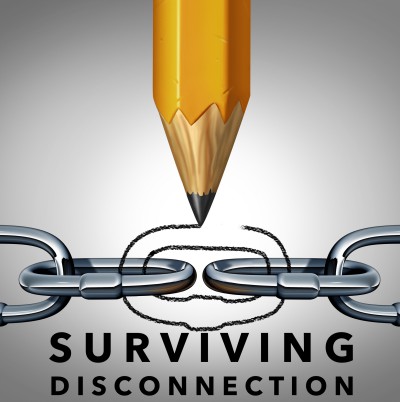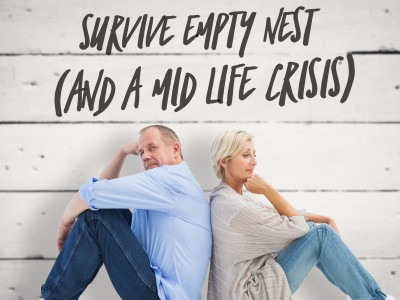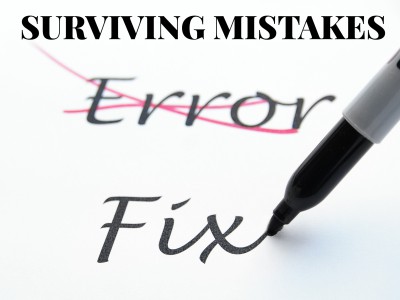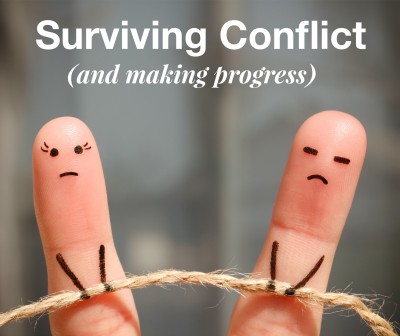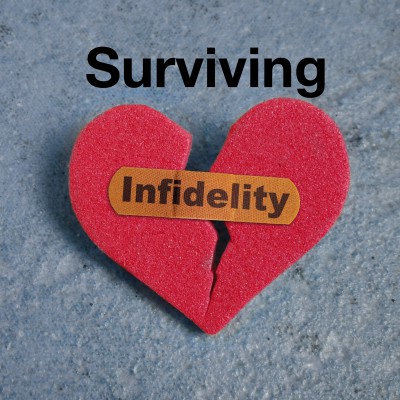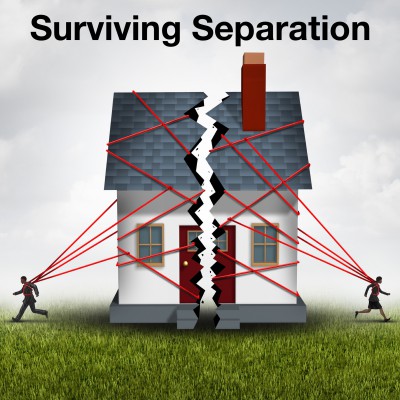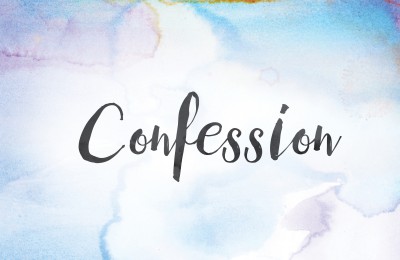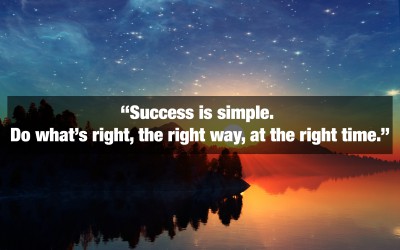3 Ways You Diss Your Marriage
https://savethemarriage.com/stmblog/wp-content/themes/corpus/images/empty/thumbnail.jpg 150 150 Lee H. Baucom, Ph.D. Lee H. Baucom, Ph.D. https://secure.gravatar.com/avatar/669b7e375d93f77521ddaba08adb8063?s=96&d=blank&r=pg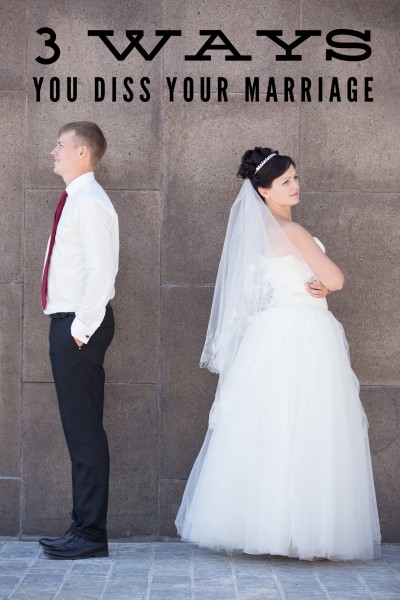 I am way too uncool to ever use “Diss” in a conversation.
I am way too uncool to ever use “Diss” in a conversation.
That said, I will drop it into a headline, because I see too many couples “dissing” their relationship, without even meaning to.
Distraction, Disinterest, and Disconnection lead to Disrespect of your relationship.
And it often becomes habit, usually without you meaning to.
The bad news is, these 3 ways you “diss” a relationship eat away at the foundations.
The good news is that once you know what you are doing, you can change it. Even turn it around.
Learn how you are dissing your marriage, and how to stop in this week’s podcast.
disListen below.
RESOURCES:
Power of Connection
Marriage Crisis Mistakes to Avoid
Why Your Efforts May Be Failing
Save The Marriage System
Podcast: Play in new window | Download
Subscribe: RSS
